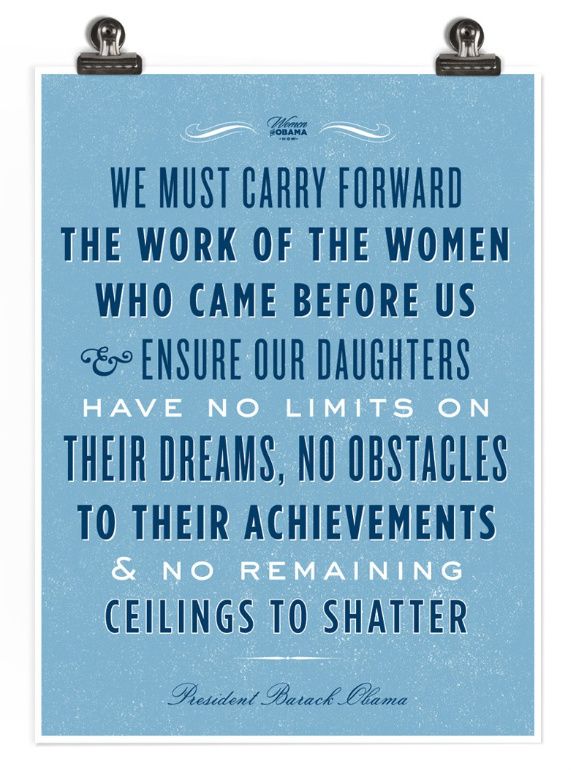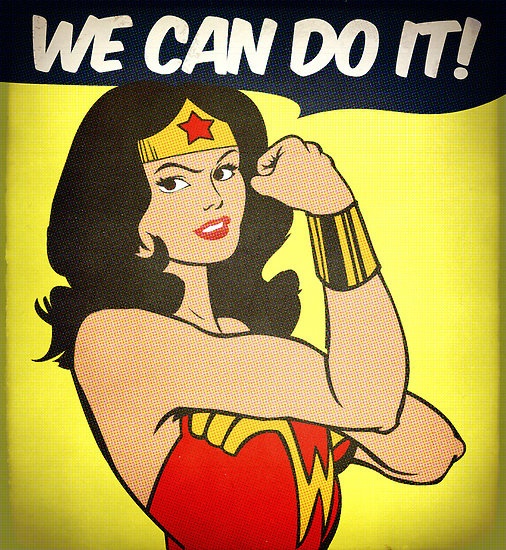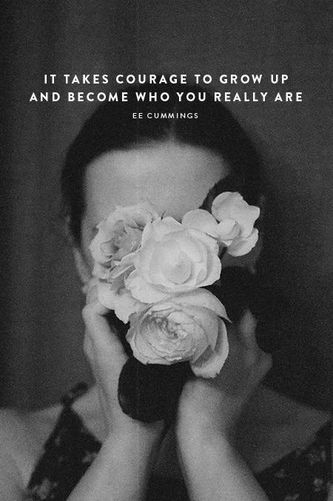Stanford professor Shelley Correll discusses in her talk regarding gender stereotypes and their influence on career aspirations how negative stereotypes affect whether we believe we are competent enough for specific careers. Feeling competent is key to developing aspirations to pursue goals. In other words, negative stereotypes cause us to feel as though we won't be competent in fields that tend to be male dominated, and therefore we limit ourselves from fully developing our true gifts and talents based on our gender.
One of the most male dominated career domains is in the STEM fields: science, technology, engineering and math. Ironically, Correll points out that negative stereotypes most heavily influence women who have high mathematical ability since that is the area of the brain most affected by stereotypes. So the suggestion is that girls and women with a gift in math are affected by stereotype threat, and they are not even aware of this affect.
Not only do stereotypes affect what we think we are capable of doing well, but they also affect our performance. Research has shown that merely suggesting to female test takers that the test produced gender differences caused female test takers to perform significantly worse. In another study, female math students who viewed television commercials that trivialized women prior to taking a math test performed worse. This again demonstrates the unconscious power that we give to stereotypes, even those that are subtle. BUT, before you become discouraged, let's look at some of the hopeful data.
The effects of stereotype threat are situational. That means that if we change the messaging that girls and women are receiving in a specific environment, the effects of stereotype threat disappear. For example, if a girl is in a math class where she is not concerned about being judged based upon her gender, she performs better. Or if she has a mentor that assures her that she is fully capable of tackling challenging work, the likelihood of her succeeding at that task increases. Finally, finding female role models in a particular field makes it much easier to envision your own success in that field.
The truth is that your intellectual abilities can and will be increased when you study and work to gain more experience. This is true of any domain, not just STEM fields. Don't allow gender stereotypes to limit your aspirations. Explore your strengths unencumbered by limited thinking. Your real and confident self will thank you when you are working in a field of your true choosing. I'll leave you with the words of Amy Poehler, one of my favorites:
GREAT PEOPLE DO THINGS BEFORE THEY'RE READY. THEY DO THINGS BEFORE thEY KNOW THEY CAN DO IT. DOING WHAT YOU'RE AFRAID OF, GETTING OUT OF YOUR COMFORT ZONE, TAKING RISKS- THAT'S WHAT LIFE IS. YOU MIGHT BE REALLY GOOD. YOU MIGHT FIND OUT SOMETHING ABOUT YOURSELF THAT'S REALLY SPECIAL. AND IF YOU'RE NOT GOOD, WHO CARES? AT LEAST YOU TRIED SOMETHING. NOW YOU KNOW SOMETHING ABOUT YOURSELF.


